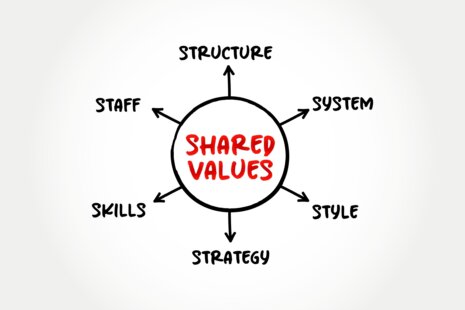Keeping business and personal life separate is essential for maintaining financial and legal integrity and ensuring smooth operations in both areas.
Here are some strategies to help you maintain a clear separation between your business and personal life:
1. Establish Separate Financial Accounts:
- Open distinct bank accounts for your business and personal finances. This includes checking accounts, savings accounts, and credit cards.
- Use separate accounts for business income, expenses, and savings. Avoid using personal accounts for business transactions or vice versa.
2. Choose the Right Business Structure:
- Consider forming a legal business entity, such as a corporation, limited liability company (LLC), or partnership, to create a clear legal separation between your personal assets and business assets.
- Consult with legal and financial professionals to determine the most suitable business structure for your needs.
3. Set Up a Business Entity:
- If you choose a formal business structure, complete the necessary registration and filing requirements with your state or relevant government authorities.
4. Maintain Clear Records:
- Keep meticulous records of all business transactions, including income, expenses, invoices, and receipts.
- Use accounting software or hire a professional accountant to ensure accurate and organized financial records.
5. Establish a Business Budget:
- Create a budget specifically for your business expenses and income. This helps you manage finances effectively and avoid overspending in your personal life.
6. Pay Yourself a Salary or Distributions:
- If you’re a business owner, establish a clear system for paying yourself a salary or distributions from your business earnings. This helps maintain separation between personal and business income.
- Ensure that these payments are documented and recorded properly in your business finances.
7. Use Separate Accounting Software:
- Employ accounting software or financial management tools designed for businesses to track and manage your business finances. Keep these separate from personal finance management tools.
8. Avoid Personal Guarantees:
- Whenever possible, avoid personally guaranteeing business loans or contracts. This reduces the risk of personal liability for business debts.
9. Clearly Define Business and Personal Expenses:
- Make a clear distinction between business and personal expenses. Document the purpose of each expense and keep receipts or records.
10. Consult with Professionals: – Seek advice from certified public accountants (CPAs) or financial advisors who specialize in small business finances. They can help you establish and maintain separation effectively.
11. Educate Yourself: – Invest time in learning about financial and legal aspects of running a business. Understanding these topics can help you make informed decisions and maintain separation.
12. Regularly Review and Reconcile: – Regularly review your financial records, reconcile accounts, and ensure that no personal expenses are inadvertently mixed with business expenses.
13. Communicate with Family and Employees: – If applicable, communicate with family members and employees about the importance of maintaining separation between personal and business finances. Set clear guidelines and expectations.
By implementing these strategies and staying organized, you can successfully keep your business and personal life separate, which is crucial for financial stability, legal compliance, and peace of mind.




